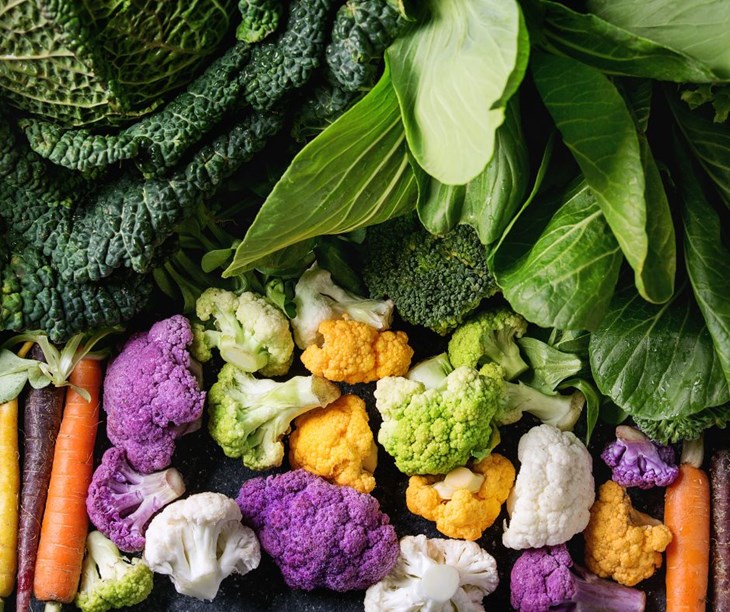5/10/2024
by Marissa Valladolid
The climate crisis is the most pressing issue of our generation. And the foremost way for the typical consumer to reduce their impact on Earth is to cut out or significantly restrict their consumption of animal products.
WITH EVERY MEAL, YOU CAN MAKE A DIFFERENCE
From our rainforests to our oceans, animal farming is devastating habitats and polluting the environment. Choosing plant-based foods over meat, fish and dairy can buy us precious time as the world copes with and fights to prevent further global warming.

The benefits of making simple swaps like black beans for steak or avocado for cheese go well beyond personal health and compassion for animals. Here are five more compelling reasons to pile on the veggies.
1. ANIMAL AGRICULTURE IS THE SINGLE GREATEST CAUSE OF DEFORESTATION
Deforestation is a major driver of the global climate emergency and the biodiversity crisis. According to a 2020 report, a football pitch-sized area of tropical rainforest is lost every six seconds.
Animal agriculture drives deforestation through the production of soy, which is widely used as animal feed, and the clearing of land for cattle to graze.
2. ANIMAL AGRICULTURE IS RESPONSIBLE FOR MORE GREENHOUSE GAS EMISSIONS THAN ALL GLOBAL TRANSPORTATION COMBINED
According to the United Nations Food and Agriculture Organization, animal agriculture generates over 14.5% of global greenhouse gas (GHG) emissions. That is more than the exhaust emissions from the world's cars, trucks, planes and ships combined.
Even more staggering, the livestock industry's GHG emissions are set to rise to half of the world's total GHG emissions by 2030. This would make livestock farming the single biggest contributor to climate change.
3. ANIMAL AGRICULTURE IS THE LEADING CAUSE OF OCEAN DEAD ZONES
Nitrogen from factory farming runs into rivers and oceans, creating oxygen-deficient “dead zones” where nothing can live.
4. ANIMAL AGRICULTURE IS THE LEADING CAUSE OF BIODIVERSITY LOSS
Our global food system is the primary driver of biodiversity loss, with agriculture alone being the identified threat to 24,000 of the 28,000 species at risk of extinction.
Since the widespread adoption of factory farming, the world has lost more than two-thirds of its wildlife.
5. ANIMAL AGRICULTURE IS CONSUMING FRESH WATER AT A DEVASTATING RATE: 70 TRILLION GALLONS A YEAR
Around 70 percent of the planet’s surface is covered with water, yet only one percent of it is accessible fresh water. This water is vital to our health and well-being, biodiversity, energy and food production, healthy ecosystems and more. But farming uses an astonishing 70% of all fresh water worldwide, and around a third of the water in agriculture is linked to meat and dairy production.
TAKE ACTION, GET INFORMED
Earth is our home. And every day, we have three invaluable opportunities—breakfast, lunch and dinner—to help protect it rather than hurt it.
Don’t just take our word for it. Check out these revolutionary films that continue to inspire people everywhere to change the way they eat:
- The Smell of Money, available to rent on Amazon Prime Video, Google Play and YouTube
- Eating Our Way to Extinction, streaming for free with an Amazon Prime subscription
- Kiss the Ground, streaming for free with a Netflix subscription
- Common Enemy, streaming online for free courtesy of The Humane League
Want to get involved? Tell world leaders to transform the global food system and end factory farming. Sign the petition now.

